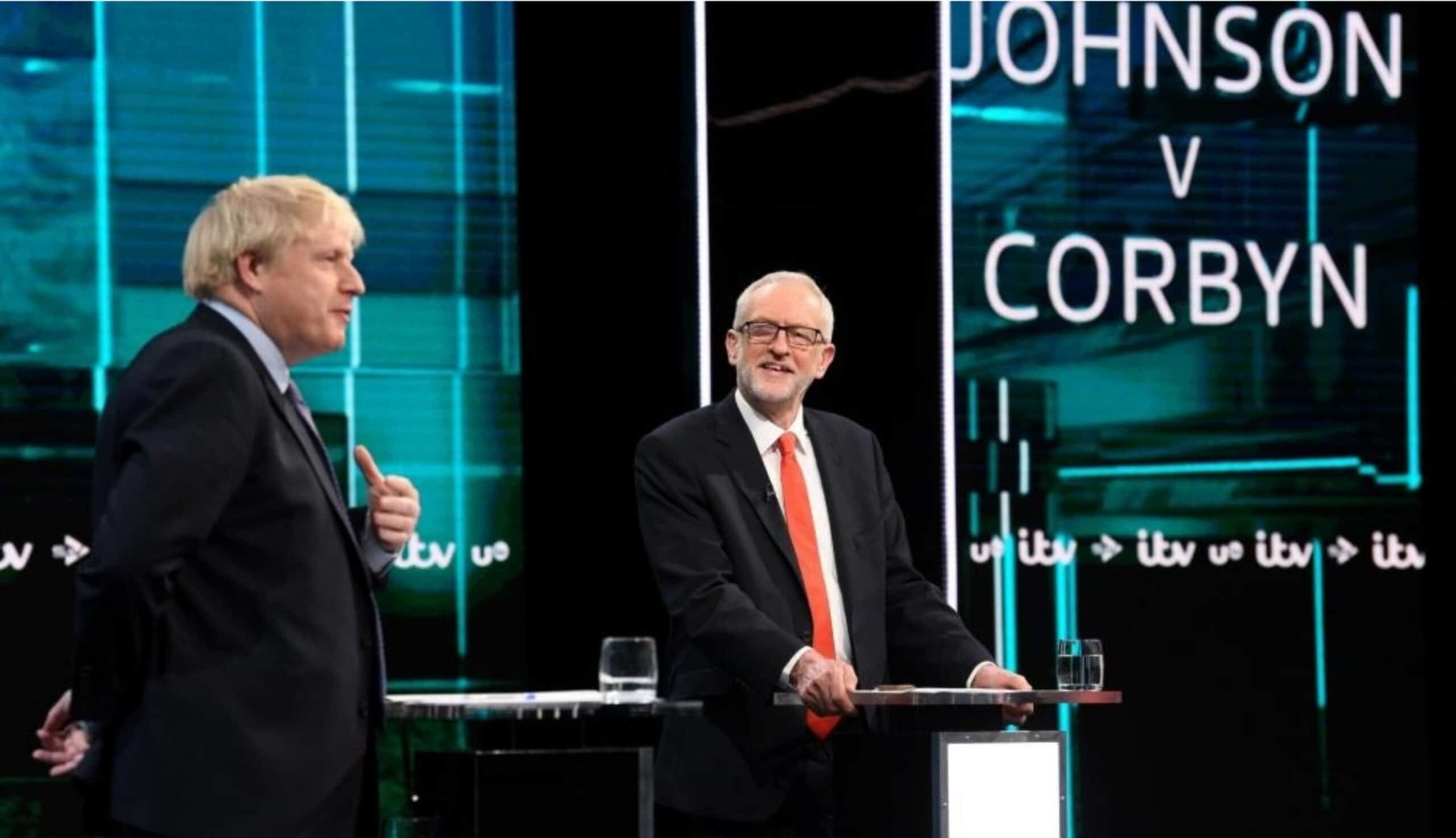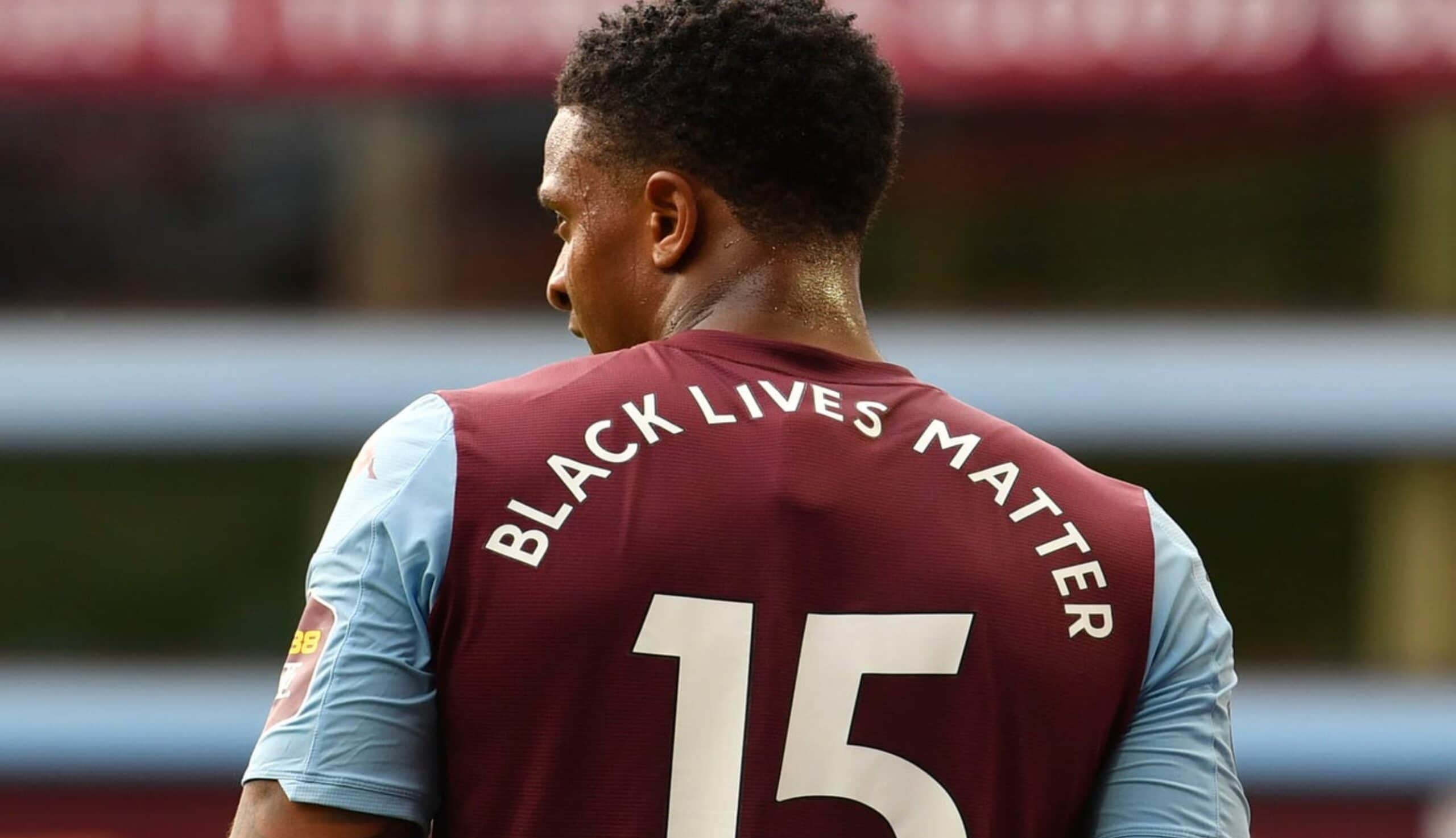
Why is the next British general election so important?
The upcoming election could be the most important UK general election in our lifetime. The 2019 UK general election is not like its predecessors. The fiery debates involving anti-Semitism within the Labour party, Islamophobia within the Conservative party, as well as Brexit and the NHS attest to the significance and divisiveness of the December 12th election. So, what makes this one so important?
The Labour and Conservative Party have frequently brawled over the NHS. Jeremy Corbyn, the leader of the Labour party, has pledged to avoid using the NHS as a bargaining chip in the trade talks with the US. This comes in response to fears of Conservative prime minister Boris Johnson selling the NHS to the US during the trade talks and overseeing its further privatization. Earlier this year, thousands of protesters (including doctors and nurses) marched to where Trump and other world leaders dined with the Queen, chanting “hands off the NHS.” However, Trump has rebuffed such claims, stating that he “wouldn’t take the NHS if it was offered on a silver platter.” But can Trump ever be trusted?
“The underfunding of local services continues to impact lower-income families”
The Conservatives claim that the NHS will not be privatized and pledge to strengthen it with an additional £33.9 billion in frontline services every year. Albeit, Boris Johnson’s commitment to strengthening the NHS has been disputed. Johnson’s promise to increase staff by 50,000 is highly contentious. Ash Sarkar, senior editor at Novara Media, wrote an excellent piece for The Guardian addressing the disasters of austerity. “It has corroded the political imagination,” she says, and rightfully so. The underfunding of local services continues to impact lower-income families, alongside continuous trips to food banks. Boris Johnson since 2015 has consistently voted in favour of austerity policies.
Although, the blame on austerity is directed towards the Conservatives, Jo Swinson, the Liberal Democrats leader, recently apologized for her role in supporting austerity measures (such as the bedroom tax and the benefits cap) under the Lib Dem-Conservative coalition. The Conservative government at the forefront of this social decline and the apology from Swinson in some ways create an opportunity for the Labour party to place austerity at the centre of the campaign to help galvanize their voters.
Jeremy Corbyn’s last election pledge to end austerity and its subsequent electoral success in denying Theresa May a majority means that Boris Johnson and the Conservatives have announced a range of spending promises which break with Conservative tradition. This suggests that the common Conservative critique of Labour’s spending promises will not be as effective this time round. Hence, the conversation has shifted to a place where the Conservatives acknowledge that they need to reassure voters that they intend to spend on public services, yet the Conservative manifesto is still one limited in scope. In 2017, Theresa May’s Conservative manifesto was widely ridiculed. Paul Johnson, the director of the Institute of Fiscal Studies, claimed “if the Labour and Liberal Democrat manifestos were notable for the scale of their ambitions, the Conservative one is not. As a blueprint for five years in government, the lack of significant policy action is remarkable.”
“Labour’s manifesto offers policies and ideas that have never been truly implemented in Britain.”
For Jeremy Corbyn and the Labour Party, their manifesto is one that goes even further than the one in 2017 with a raft of policy proposals such as raising the minimum wage to £10, and radical plans to help tackle some of the issues around stark inequality and climate change. Labour’s manifesto offers policies and ideas that have never been truly implemented in Britain. Although Labour has progressive plans, some baulk at these, and Paul Johnson claims that the Labour Party manifesto offers a very substantial increase in the role of the state; one that is even larger than the big increase offered in their last manifesto. It will be extremely hard to deliver anything like this scale of increase in capital spending, at least in the short-term.
With the election commencing so soon, we are still seeing party leaders campaigning passionately, showcasing the importance of swaying and securing uncertain voters. This is a monumental election and the stakes have never been higher. This election is the one that may decide not only what happens with Brexit but also the ideological direction of the country. This election promises to be like no other we have seen before. It is crucial that all those that are able to vote take advantage in shaping the course of the future.



